Photo

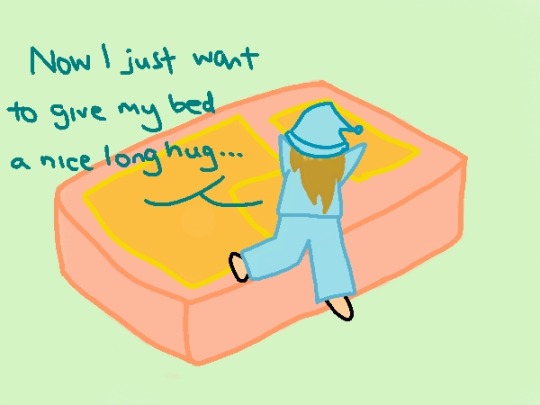

Sleep Adventure Comics, Day 4 End
Thank you to everyone who finished reading our comic! Please spread the word to friends and family if possible. Let everyone know about the importance of sleep! ;D You can read the entire comic from the beginning here.
5 notes
·
View notes
Text
World Records in Sleep Deprivation
1959: Peter Tripp
Peter Tripp was a radio DJ who, in 1959, participated in a wakeathon for charity, staying awake for a total of 201 hours. By the fourth day, he began to hallucinate, such as thinking that spiders were coming out of his shoes. These hallucinations happened on 90-minute cycles, the same as a normal human's sleep cycle. This suggests that his brain was attempting to go into REM sleep while awake. After the wakeathon was over, he suffered lasting psychological issues, and eventually lost his job, his marriage and became a door-to-door salesman.
1964: Randy Gardner
A mere 5 years after Peter Tripp set his record, it was broken by Randy Gardner, who stayed awake for 264 hours. Similarly, he began experiencing hallucinations by the fourth day of sleep deprivation, once arguing with a signpost he thought was a person. On the eleventh day, he was asked to subtract seven repeatedly from 100, and he stopped at 65, saying that he had forgotten what he was doing, demonstrating symptoms like those of severe dementia. After Gardner, the Guinness Book of World Records decided to discontinue taking records of long term sleep deprivation, deeming it too dangerous.
6 notes
·
View notes
Photo


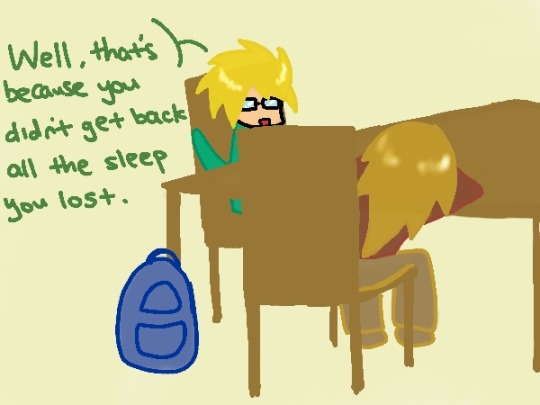

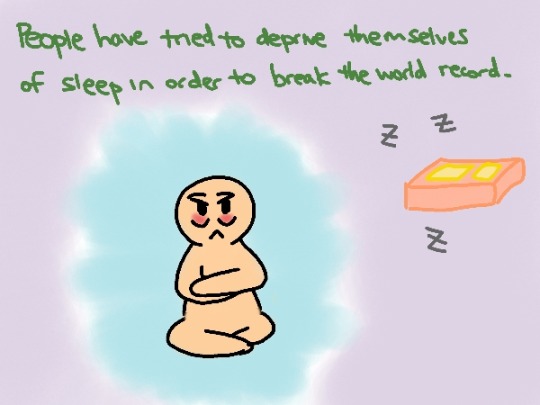
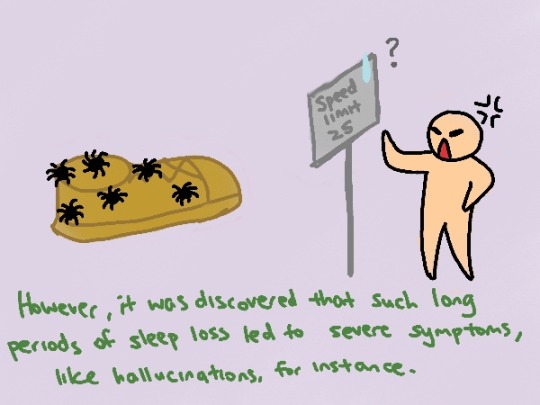
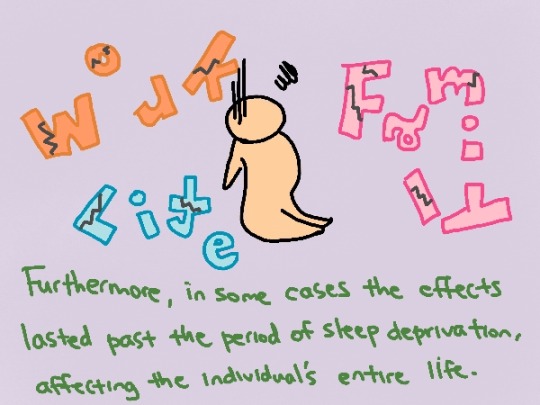
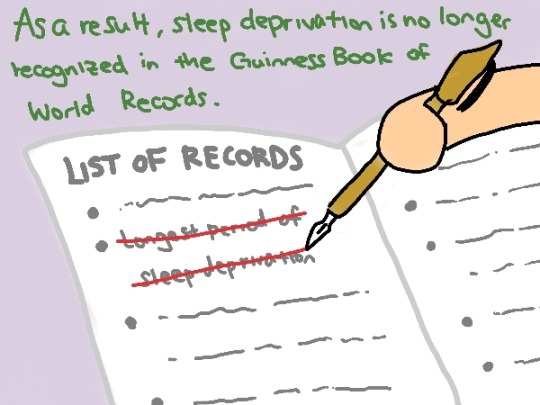
Sleep Adventure Comics Day 4 Part 2
Other Links:
World Records in Sleep Deprivation
0 notes
Photo


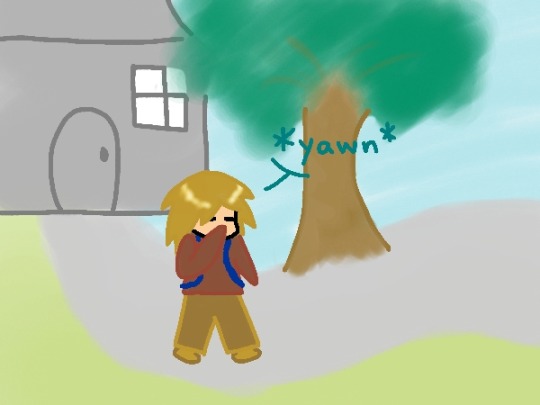


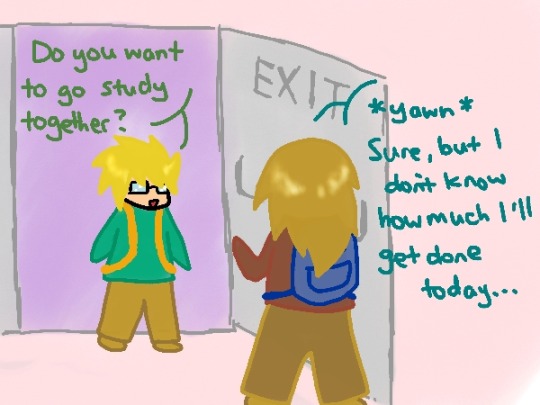
Sleep Adventure Comics, Day 4 Part 1
0 notes
Text
Anecdotes: Sleep Deprivation and Accidents
Chernobyl Meltdown
In April 1986, a routine shutdown and test of a nuclear reactor was supposed to take place at 1AM. However, because the operators were sleep deprived, they mistakenly turned off the safety features, which eventually resulted in the reactor's meltdown.
31 people died shortly after the explosion, but many thousand were affected by the long term effects of the radiation, which is estimated to be 100 times more powerful than the atomic bombs in WWII.
Exxon Valdez
In March 1989, the Exxon Valdez oil tanker went aground off the coast of Alaska. At first, it was thought that the captain was drunk, but it later turned out the first mate, who had slept only 6 hours in 3 days, was the one in command during the time of the accident.
The oil spill caused terrible destruction to the environment, including the deaths of 250,000-500,000 seabirds, 2,800-5,000 sea otters, and billions of salmon eggs.
0 notes
Photo
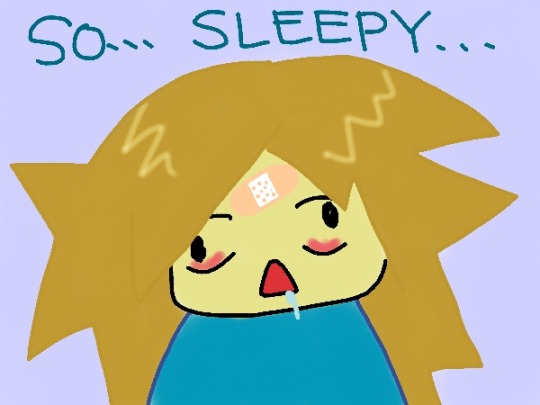

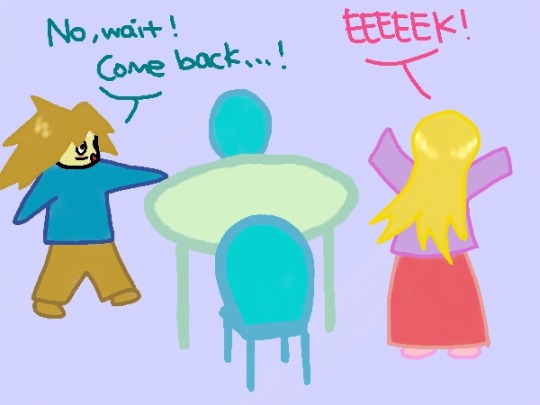


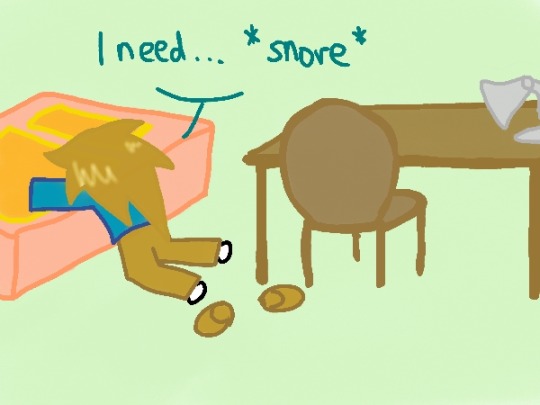
Sleep Adventure Comics, Day 3 Part 2
Other Links:
Anecdotes: Sleep Deprivation and Accidents
0 notes
Text
Sleep and Health
Sleep and Antibody Response
Vaccination is a process where a "weakened" or dormant version of an infectious agent is injected into the body. The immune system will use the vaccine as "target practice," and will be prepared to respond to the real infectious agent if it comes.
However, when people are sleep deprived, the body's immune response is lowered. For instance, an experimental group that was sleep deprived (4 hours of sleep/night for 6 nights), and then injected with the flu shot, had less than half the antibody response of the control group subjects after 10 days. Moreover, even after getting recovery sleep after the deprivation, the antibody response never "caught up" to the control group.
Sleep and Natural Killer Cells
Natural Killer cells, like antibodies, play a large role in the immune system, releasing proteins to destroy foreign, malignant cells.
With just one night of sleep deprivation, NK cell count drops by around 73%. While one night of recovery sleep can put the NK cell activity back to normal, a person is at huge risk of getting sick the day after depriving themselves of sleep.
0 notes
Photo


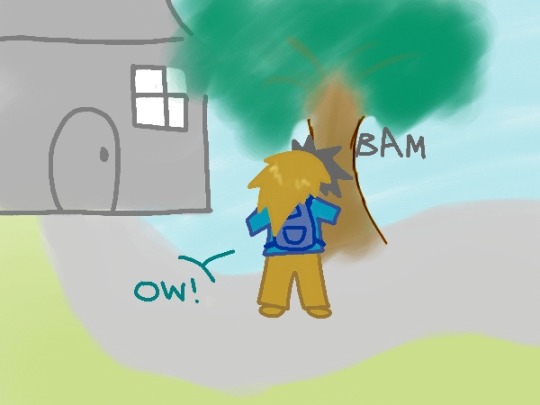


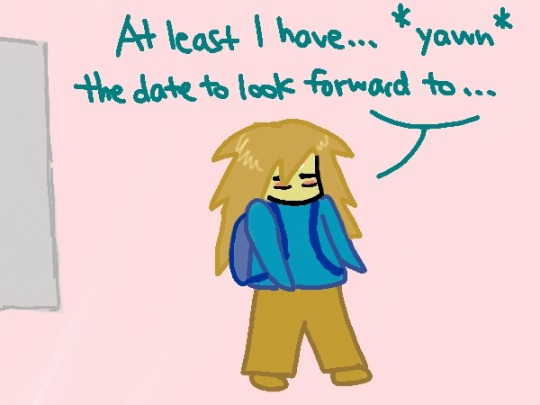
Sleep Adventure Comics, Day 3 Part 1
Other Links:
Sleep and Health
2 notes
·
View notes
Text
Sleep and Alcohol/Other Drugs
Alcohol's Effect on Sleep
Alcohol use strongly suppresses REM sleep while it is still in effect. As the alcohol wears off into the night, however, there will be increased awakenings as well as a REM rebound, leading to an increase in dreams.
Alcohol's Effect on Memory
Alcohol impacts memory consolidation very heavily - according to a "Complex Cognitive Test" experiment, participants who became legally drunk with vodka on the first night after learning the task retained less than half of the information the control group was able to recall. However, a third group of participants, who got drunk on the third night after learning, also had a significantly lowered percentage of recall than the control group, demonstrating that memory consolidation can be affected by alcohol even several nights later.
Other Drugs and Sleep
Cocaine
Cocaine use makes it harder to initiate sleep, reduces total sleep time, and suppresses REM sleep.
Cocaine withdrawal also makes it longer to fall asleep, and greatly reduces sleep efficiency (more awakenings during the night), but also increases REM sleep. Subjective reports show that there is increased dreaming during withdrawal.
Ecstasy
Ecstasy use increases wakefulness and demolishes REM sleep. Especially heavy ecstasy use messes up sleep architecture, in particular Stage 2 NREM sleep.
Marijuana
There are conflicting findings about the effects of marijuana use, but it tends to make the user fall asleep faster, but decreases total REM sleep.
Marijuana withdrawal results in difficulty sleeping and an increase in REM, specifically resulting in "strange dreams", according to subjective reports.
2 notes
·
View notes
Photo

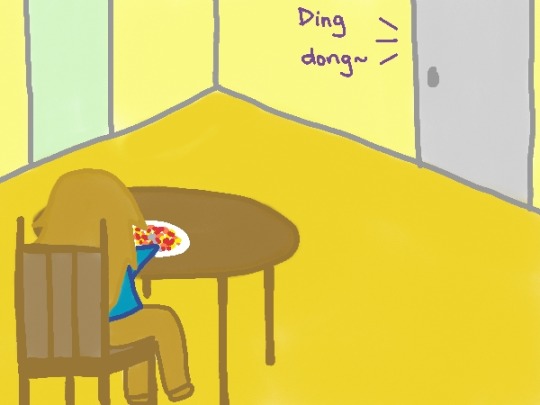

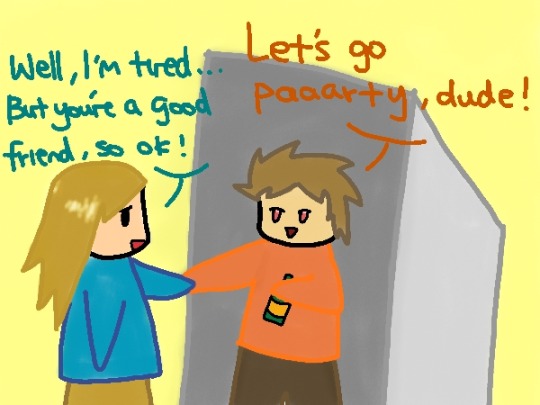
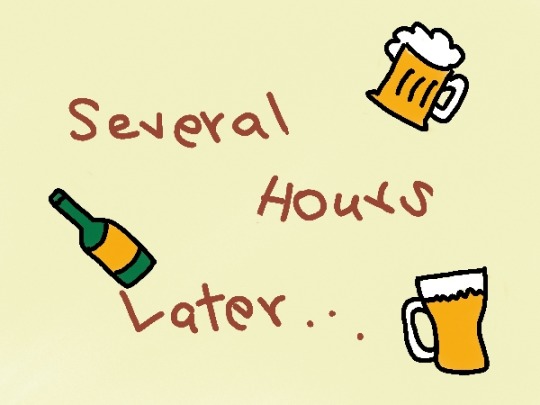

Sleep Adventure Comics, Day 2 Part 2
Other Links:
Sleep and Alcohol/Other Drugs
0 notes
Text
Sleep, Hunger and Metabolism
Hunger
Hunger is regulated by two hormones in our bodies - Leptin, which inhibits appetite, and Ghrelin, which increases appetite.
After two nights of getting just 4 hours of sleep each night, healthy adults had a much lower level of leptin and a much higher level of ghrelin than those who had not been subjected to sleep deprivation.
Furthermore, their subjective appetite for different types of food was rated, and while their appetite for non-carb rich foods had increased a little, their appetite for carb rich foods had increased much more - this means sleep loss increases the risk of obesity.
A self-reported sleep time vs. obesity prevalence graph over the past 60 years shows that, as people are getting less and less sleep, the prevalence of obesity has increased.
Metabolism
Normally, after eating, insulin from the pancreas signals muscle and fat cells to absorb the extra glucose and return blood sugar to a normal level.
Sleep deprivation (4 hours of sleep per night for 5 nights) lowers glucose tolerance by over 40% - this is a similar level to people who are at significantly high risk of developing diabetes.
1 note
·
View note
Photo






Sleep Adventure Comics, Day 2 Part 1
Other Links:
Sleep, Hunger and Metabolism
2 notes
·
View notes
Text
Process-C and Process-S
Our bodies have two cycles that control wake and sleep.
Circadian Factor (Process-C)
This is the "wake drive" of the body, and is governed by the circadian rhythm. Thus, the circadian drive rises and falls with the 24-hour cycle, which results in more sleepiness during the middle of the night and less during the middle of the day. Process-C is highest during the day and lowest during the middle of the night.
Homeostatic Factor (Process-S)
This is the "sleep drive" of the body, and is governed by the adenosine buildup in the body as one remains awake. Thus, the longer a person is awake, the sleepier they will get, because of the sleep drive. Process-S continues going up as long as a person is awake, and goes down as they sleep.
Interactions between the two processes
The larger the distance between Process-S and Process-C, the sleepier a person feels. This is why the greatest urge to sleep usually happens at around midnight. Process-S has built up through being awake for the day, and Process-C is at its lowest because of the circadian rhythm.
Caffeine
Caffeine reduces sleepiness by blocking the body's detection of the adenosine buildup, which "pauses" Process-S and makes a person less sleepy. However, it doesn't actually stop the adenosine buildup, so when the caffeine wears off, the wave of sleepiness will return with a vengeance.
0 notes
Photo

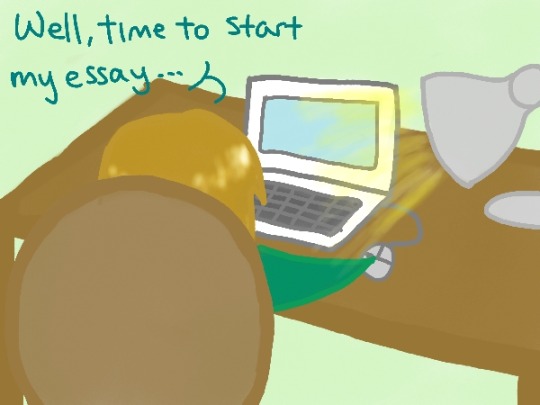






Sleep Adventure Comics, Day 1 Part 3
Other Links:
Process-C and Process-S
2 notes
·
View notes
Text
Experiment: Beauty Sleep
Axelsson 2010
Method: Each subject was placed in two different conditions; one night of ample sleep and one night of total sleep deprivation. After each night, a picture was taken of them. These pictures were then given to judging participants to rate, on a scale of 1-100, how tired, healthy and attractive the person in the picture looked (they did not know which one was sleep deprived and which one was not)
Results: On average, the subjects, when sleep deprived, looked significantly more tired, less healthy, and less attractive than when they had gotten enough sleep.
0 notes
Text
Sleep and Memory
Good sleep has been shown to result in boosts across many different types of memory.
Motor Skills
Motor memory correlates with Stage 2 sleep late in the night, close to morning. Subjects could perform a finger-tapping task much faster if they had gotten a night of sleep between the learning and testing period.
Visual Skills
Visual memory correlates with both Slow Wave Sleep (Stages 3 and 4) early in the night, as well as REM sleep late in the night. Subjects were able to improve in a difficult visual discrimination task after a night's sleep, while those who were sleep deprived showed no improvements at all.
Factual Memory
Slow Wave Sleep is crucial in the consolidation of facts, and "reactivates" those memories during sleep in order to better remember them the next day.
Association
REM sleep binds new associations and protects those associations from interference.
Sleeping Before Learning
Sleep is useful not only in consolidating memories, as shown above, but also in learning itself. When a person is sleep deprived, their hippocampus shuts down, preventing them from making new memories.
1 note
·
View note
Photo
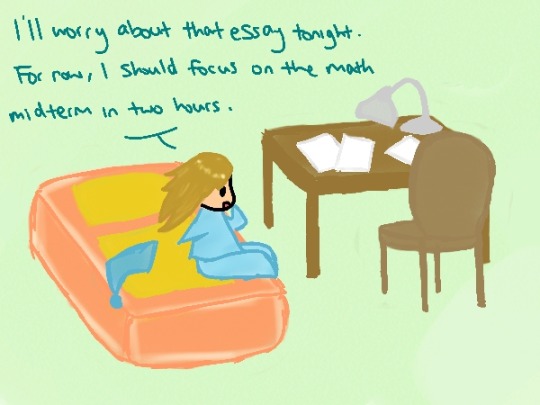





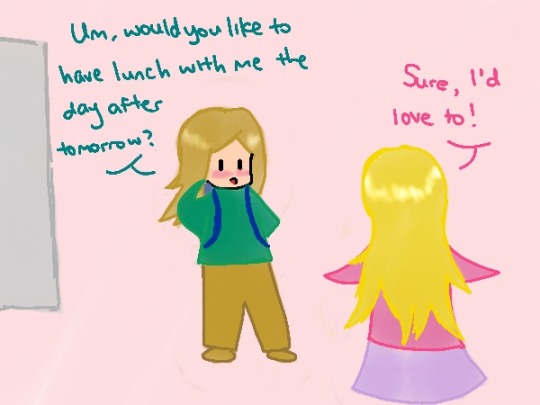

Sleep Adventure Comics, Day 1 Part 2
Other Links:
Sleep and Memory
Experiment: Beauty Sleep
0 notes